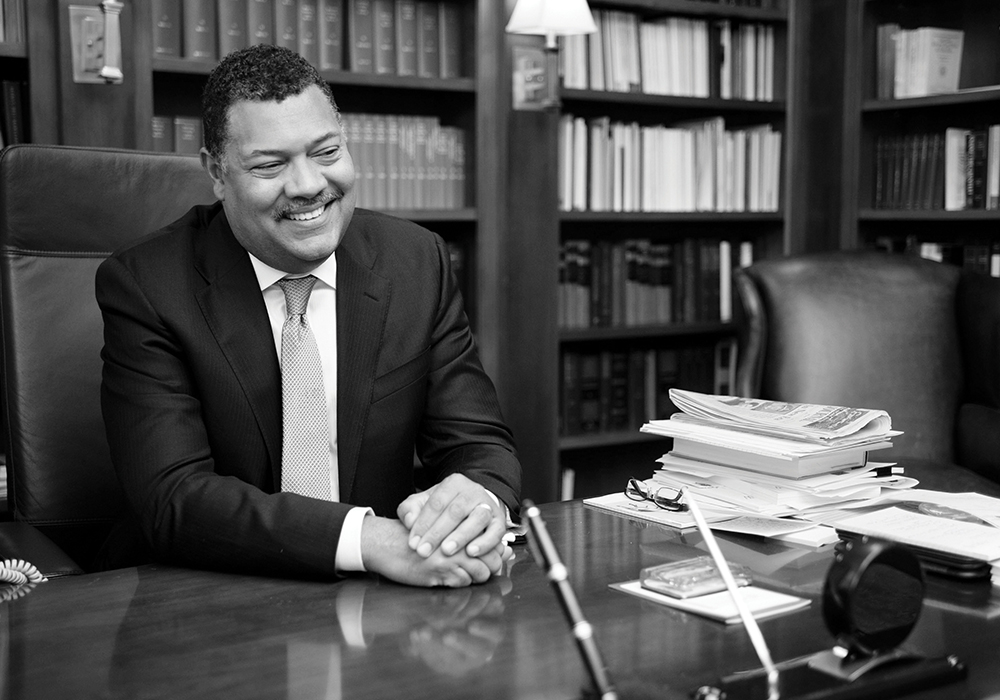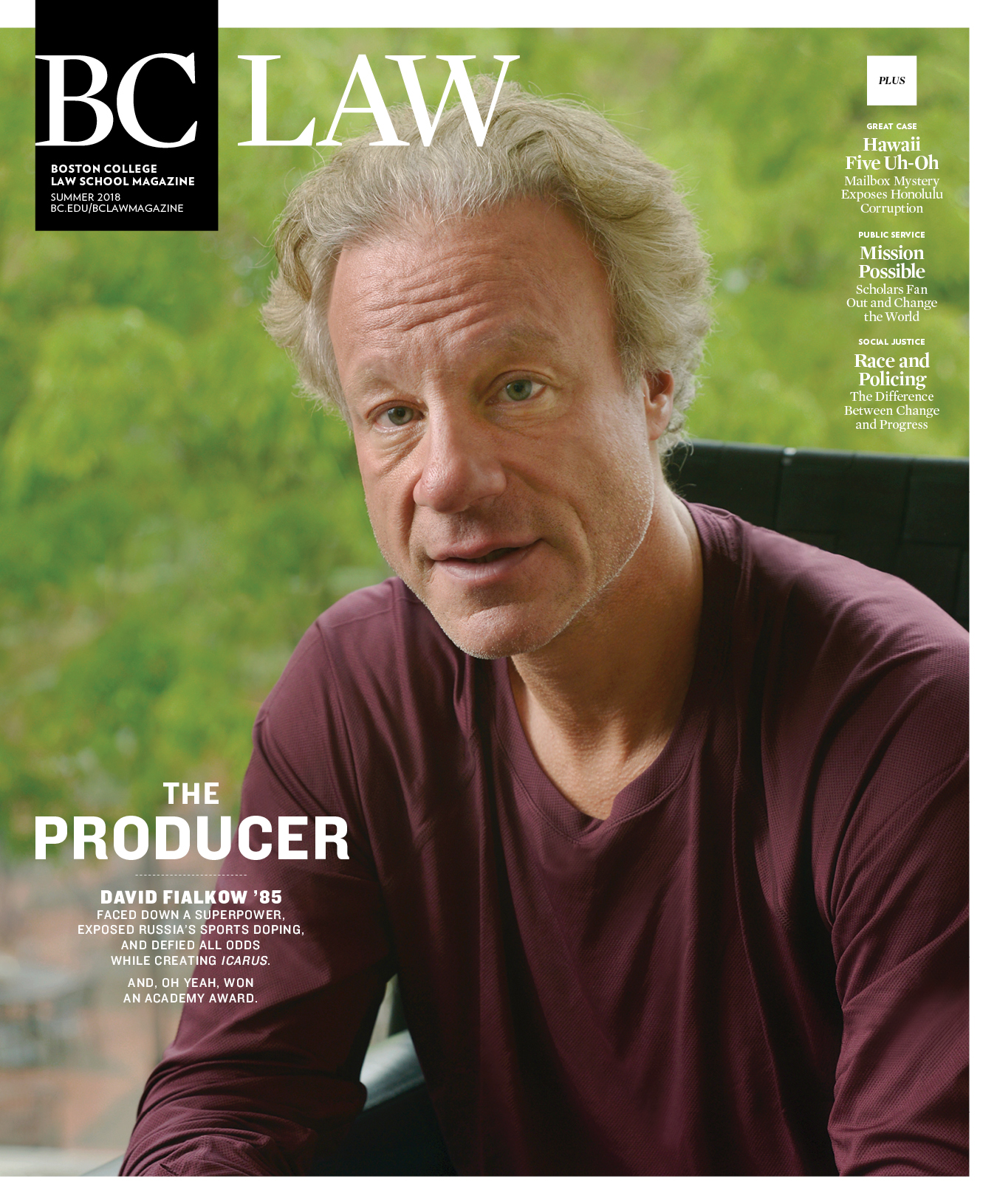Fifty years ago, our nation was on the verge of being torn apart by assassinations, riots, and demonstrations. The sense of progress and possibility that had dominated the years following the Second World War seemed to be coming to a halt as America was forced to confront some uncomfortable truths about race relations, the Vietnam war, women’s rights, and entrenched poverty. Young people led the way by calling the American people and American institutions to account, and questioning whether the nation was living up to its core values. Opinions differed, of course, and there was anger and recrimination on all sides. In 1968, America was not only at war abroad, but it also seemed to be at war with itself.
After fifty years, we tend to be struck by how things have and have not changed. As we reflect on what has not changed, we might ask: Are we better as a community, as a democracy, for those things that have endured? Do they hold us back, or do they elevate us?
One thing that has not changed is the importance of the law and our system of justice to the nation’s ability to navigate through difficult times. Fifty years ago, the law began to open up opportunities for men and women of all backgrounds, allowing many more talented people to ascend to positions of influence in American life. That has been one of the great achievements of the last half century.
“Recognizing the power of their experience and of their voice, the students of Marjory Stoneman Douglas High pushed the nation into a discussion about the critical balance between rights and responsibilities and the importance of citizen participation in a healthy democracy.” —Dean Vincent Rougeau
Yet, we are seeing the fabric of our national unity tested once again by gun violence, racism, nativism, drug addiction, and deep political cynicism. As members of the legal profession, we cannot be complacent, nor should we lose hope.
As we all know, Robert Kennedy was a victim of the events of 1968, cut down in his prime by an assassin’s bullet on June 5 of that year. Recently, we were privileged to host his daughter, Kerry Kennedy ’87, at BC Law. Instead of simply recalling the life her father lived at commemorations over the decades, she has redefined the tragedy of his death by creating a career in law and in public service that has animated the values he lived and died for through service to others.
The Rev. Dr. William Barber, the leader of a broad-based alliance of Christians, Muslims, Jews, and non-believers who are fighting for the needs of poor and working-class Americans, reinforced that point at an event on the 50th anniversary of Dr. Martin Luther King Jr.’s assassination, when he said: “As the Bible tells us, ‘woe unto those who love the tombs of the prophets.’ The duty of the living is not simply to recall the martyrs of [a] movement, but to continue their work.”
This spring, we have seen young people build a movement by stepping forward and demanding change in the wake of yet another horrific school shooting, this time in Parkland, Florida. Recognizing the power of their experience and of their voice, the students have pushed the nation into a discussion about the critical balance between rights and responsibilities and the importance of citizen participation in a healthy democracy.
It is incumbent on all of us to remember that the preservation of our freedoms depends on taking our responsibilities as citizens seriously. My hope is that in fifty years, today’s young people will be able to look back on lives that preserved the values that make everyone in our society more fully human and enabled all people to have meaningful participation in the life of our great nation.
Photograph by Suzi Camarata



